How to explain OCD to someone who doesn’t have it?
It can be difficult to explain. Especially if that someone else on the other end doesn’t deal with it too. Maybe their perception of this disorder is neat freaks and parallel edges. Not only can this be a task, but frustration may join in.
Karate Chop O, Karate Chop C, Karate Chop D:
Let’s first chop down each part of the acronym and define each word singularly. Obsessive – The domination of one’s thoughts or feelings. Compulsive – A strong, usually irresistible impulse to perform an act, especially irrational or contrary to one’s will. Disorder – A disturbance in physical or mental health.
These combined interfere with the ability to function in a healthy way. That explanation alone should grab their attention. This disorder is made up of obsessions and compulsions. It has the ability to cause a great deal of anx. And it doesn’t stop there. It loops. Making it a constant ritual just to gain a tad bit of temporary relief.
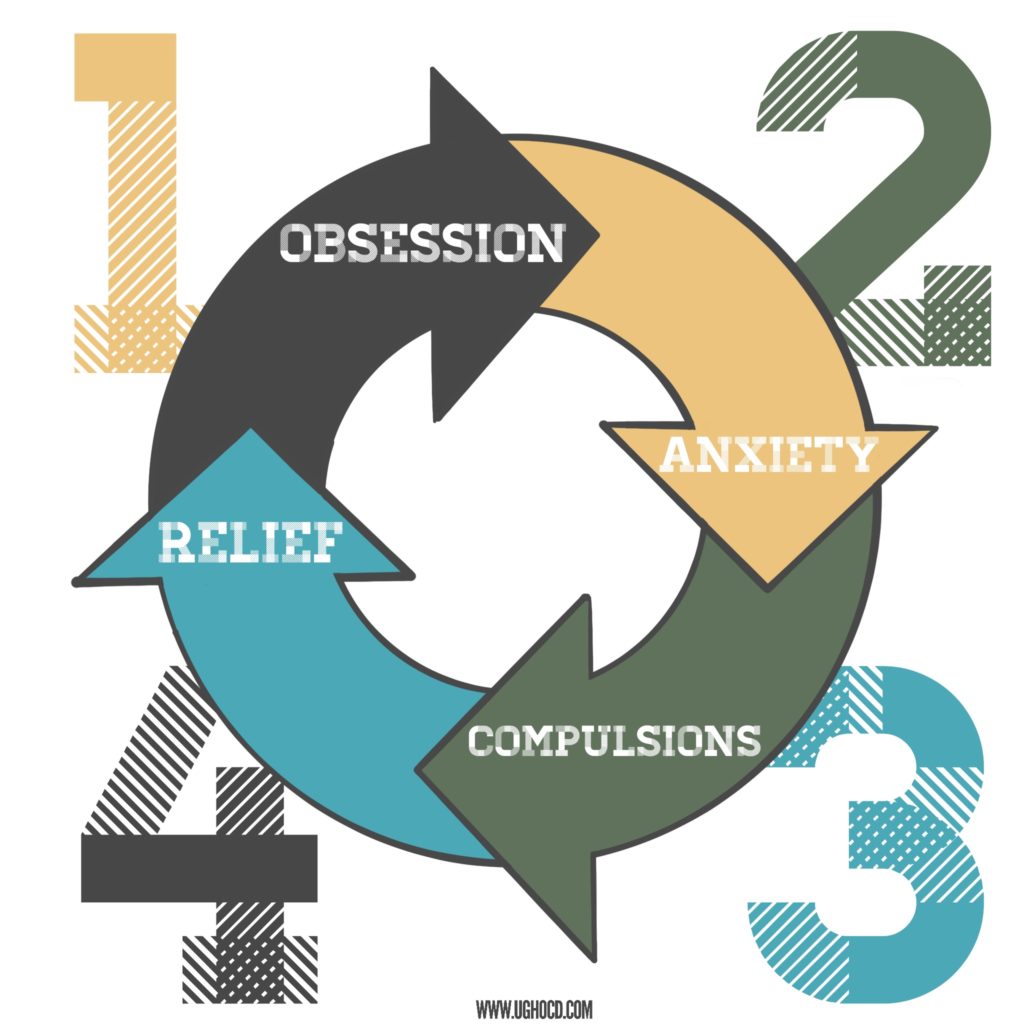
Ugh OCD!
Types of OCD:
Knowing how you suffer with OCD gives you a better explanation to yourself.
Checking:
The obsession of feeling unsafe links to the compulsion of checking over and over. And over and over. And over and over. It’s more than a double check.
Obsessions of safety might lead you to make sure the stove is off and doors are locked more than necessary.
Check the stove, check again, lock the door, now verify by a gentle tug. Back to the stove to closely examine each knob. Open the oven to assure no heat is provided. Another check at the door. Maybe this time a harder tug. Unlock it just to lock it again. The burners on the stove, hover your hand over each one. But what about the door again? What about all of the doors?
Rumination / Intrusive Thoughts:
Mental rituals can link to compulsions of replacing bad thoughts with good thoughts. Our thoughts are intrusive. Not all thoughts we have are purposeful or have meaning though. Fear of bad thoughts and a must to replace them whenever they occur can take up a lot of mental capacity. It is definitely daunting and draining.
The thought that something bad might happen due to this magical thinking also links to repeating. Maybe you flick the lights on and off repeatedly. Maybe you touch an item after release a few extra times while you replace the bad with the good, mentally.
Contamination / Mental Contamination:
The obsession of feeling dirty links to the compulsion of washing or showering more than necessary. It’s a healthy habit to wash your hands. But it can be very time consuming to wash after every fear of germ enters your mind. Let alone washing your hands raw is torment.
Hoarding:
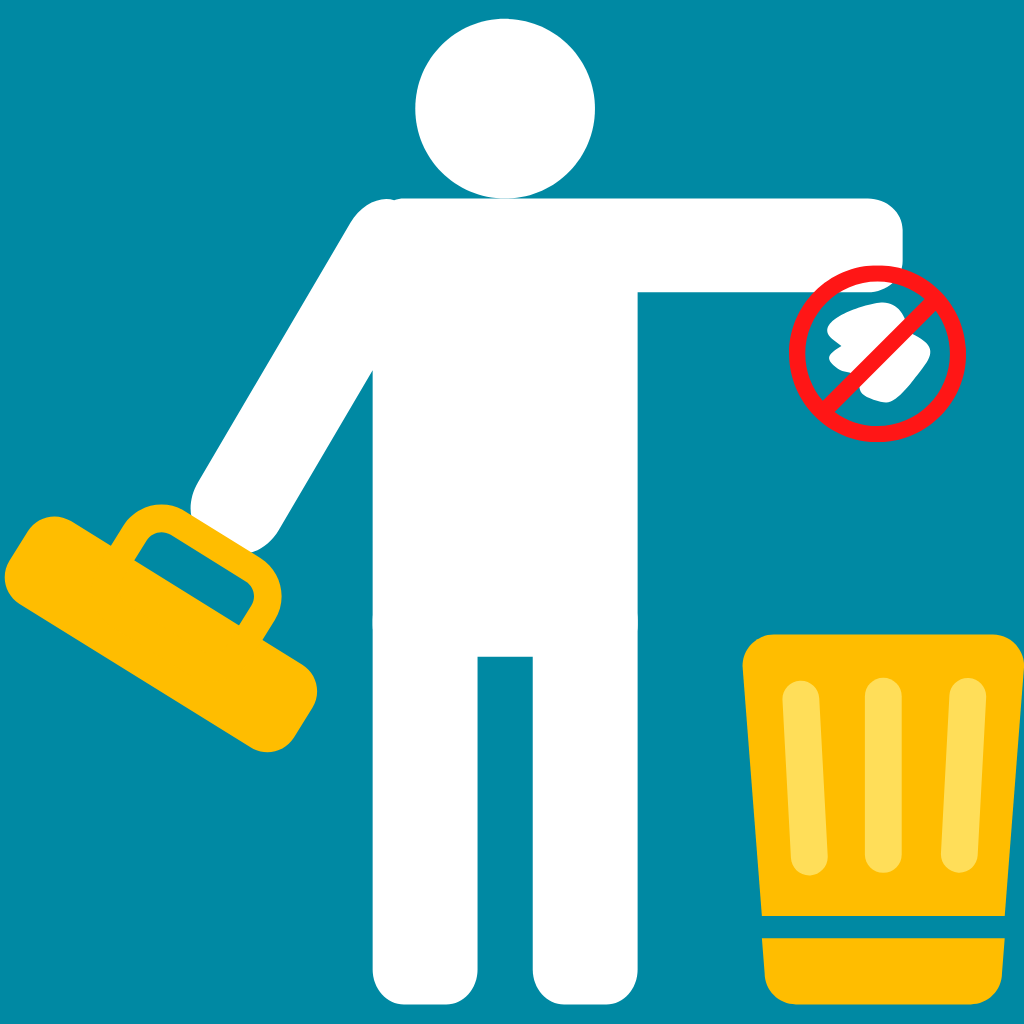
An obsession of needing items once you discard links to hoarding. You might never need it again, or it might have exceeded its value. Yet we hold on for fear of not having it IF it becomes necessity. It could be nostalgic, making it more difficult to let go. So we fear it no longer being under our protection.
Symmetry and Ordering:
A constant state of anxiety can link to counting, fidgeting, arranging, and/or symmetry. Meaning no relief, as temporary as it might be, can come if things are not PERFECT. Even if that perfect is fabricated.
Your Story:
So… How to explain OCD to someone who doesn’t have it? Shoot, it took me a long time to be able to explain it to myself.
I personally deal with Checking, Rumination, and Hoarding. Sometimes, all simultaneously looping through one another. Knowing the name and defining it doesn’t tell the whole story though.
My best explanation of my OCD normally leads to examples. When you’re trying to tell your spouse, or a parent, or anyone really close to you, you have to really share the dirty examples. Those dirty examples we keep to ourselves though. We do not normally share those ones, because those are the ones we are afraid of. So we share the lighter ones.
If we really want that person to understand deeply what we go through, how tormented it makes us feel, it might take some of the tougher examples to share for them to understand it.
How to explain OCD to someone who doesn’t have it – To Tip Toe Or Not:
But we don’t do that with OCD because we are in our heads so much. We tip toe around how we really feel because we are ashamed of this disorder. Flat out.
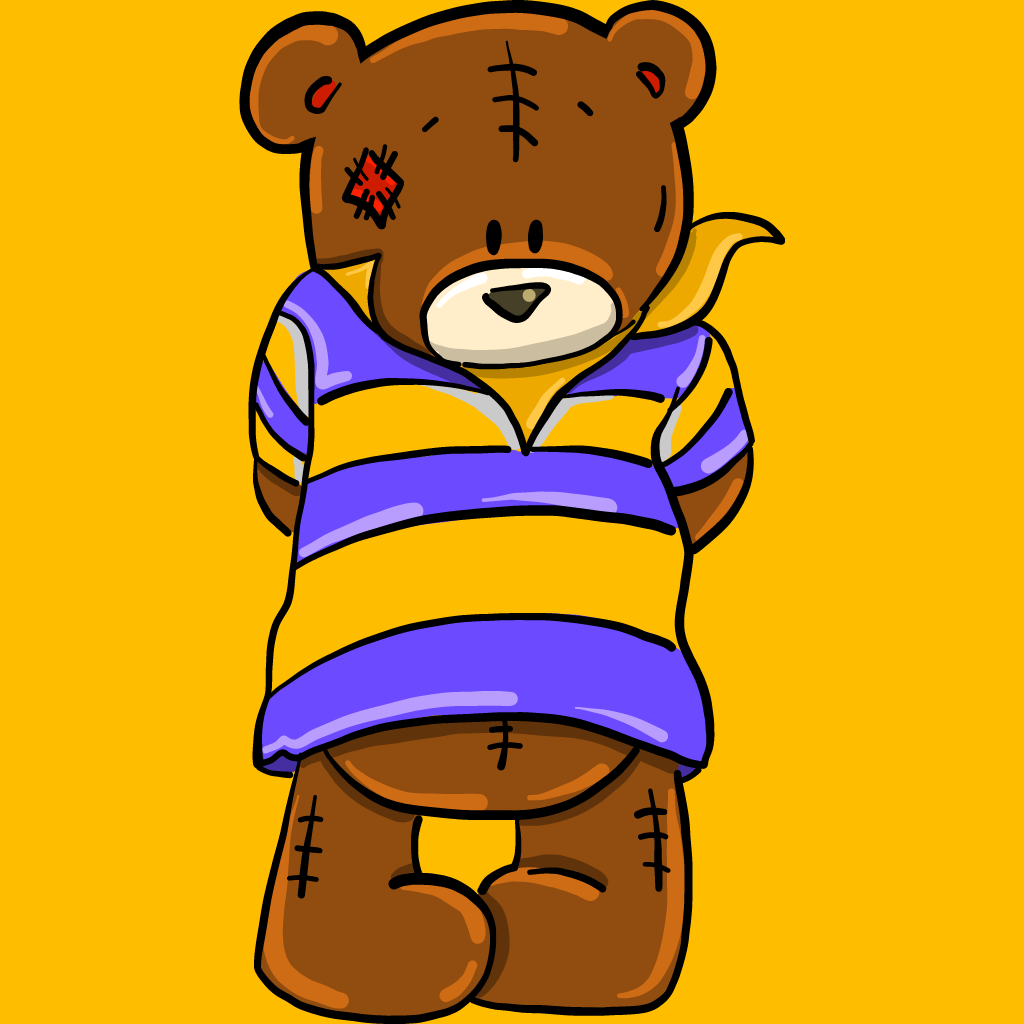
This disorder is huge and it leads to addictions. Addiction to our compulsions, possibly even to drugs or alcohol. We even become addicted to telling lies to ourselves and others.
All because of the fear of the unknown. We develop compulsions to battle the fears for us. Those compulsions are just feeding it.
Fear of death (do you know how hard it is to type that word?), fear of failure (that one too), fear of disease (typed, erase, typed again), fear of pain, fear of agony, fear of consequences, fear of regrets, fear of suffering, fear of sadness, fear of fear, fear of the uncontrollable, fear of mishandling the controllable, fear of thought.
Which brings on…
Anxiety:
How to explain OCD to someone who doesn’t have it? The anxiety behind it needs an explanation as well.
Anxiety is not just fear of something. It includes your behavior regarding that fear which leads to rituals causing less anx but also unhappiness.
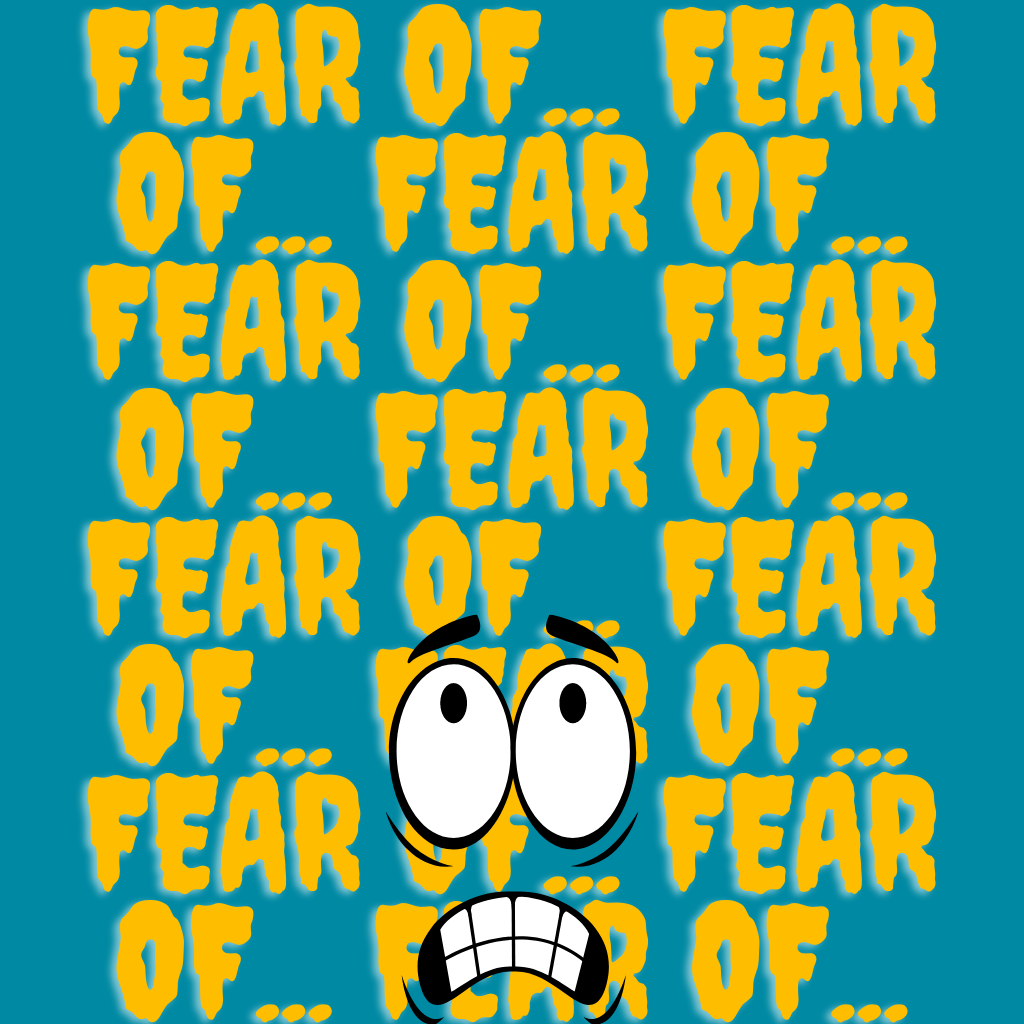
We do not always have control of what we think. Thoughts pop in and out constantly. When a thought crosses our mind that scares us, we panic. That is what we do, WE PANIC. Why did we just think that? That’s not what I want. Don’t think that! Stop. STOP THINKING THAT!
Then we obsessively think it until it makes us feel crazy. No one wants to feel crazy. We are not crazy. We are flawed, just like everyone else, but in moments we forget these natural flaws are shared between all humans and we magnify our flaws to ourself.
How to explain OCD to someone who doesn’t have it?
If you’re trying to share how OCD makes you feel to someone you love. Just share. It doesn’t matter how you share. They love you, they are flawed too, they will want to understand. Tip toeing or not, they will understand if they want to.
This took me a long time to grasp myself. Even though I blog about mental health and own a business centering around how storytelling builds connections, I still struggle. I struggle with sharing these vulnerable flaws. It is vulnerable, but not only does it help us to share, it helps others understand.

So, it’s not just ‘How to explain OCD to someone who doesn’t have it?’ It’s also ‘How much do they want to understand about my OCD?’
Let me know if you found this helpful. I am curious to hear your opinions. Leave a comment or find me on Twitter @UghOCD or Instagram @brentleybigkid.
Feel free to check out some related articles: My Top 10 Triggers, My OCD, and Fighting OCD, What Really Helps, and a bonus over at yeahocd.com.
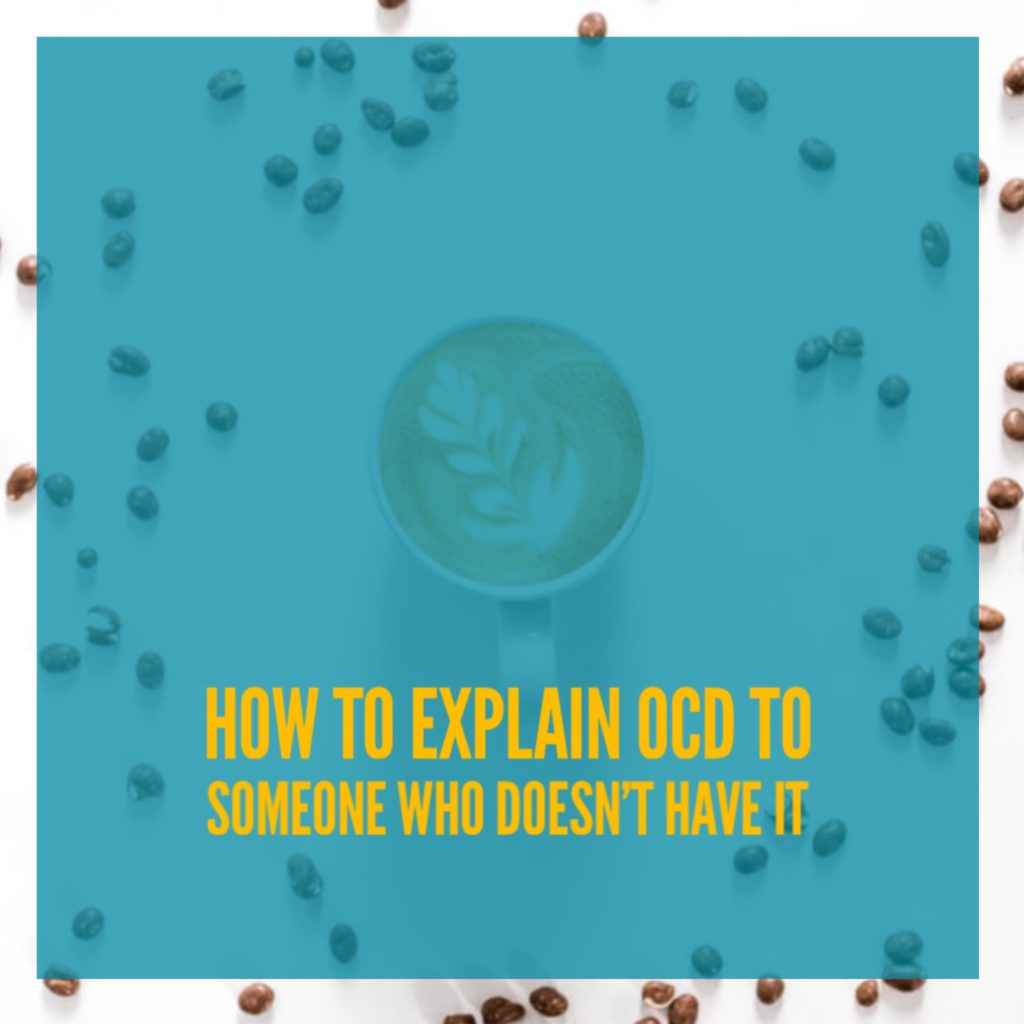
7 replies to "How to explain OCD to someone who doesn’t have it?"
Taking a look inward is really transformative. This is helping me take that journey too. I personally didn’t realize how compulsive my behavior is at times. I hope all who seek to realize and understand this disorder become more aware of the reasons behind the behavior and learn to show empathy, love, concern and support.
Brent you are truly doing something good with this.
Thank you… I really just want to share. I’ve held it in for so long, for too long.
Thank you. I’m still struggling so much every day. I’m so exhausted. I have bald patches where my hair has fallen out. I clench my teeth constantly from anxiety, which has led to Tmj problems that have put me in the ER. My face is always swollen. I’m 28/F and its been so severe since puberty. It was harsh before that, but I’m so tired now. My life is starting to speed up but all this time I feel like I’ve been waiting for it to get better but it doesn’t. Not that I haven’t tried, I even ended up in a rehab across the country for a month and a half in my early 20s. My parents were so overwhelmed, my dad told me that if I didn’t go that they would move away and not tell me where they went. I think about those kinds of moments a lot. All that happened was the increased fear of letting my ocd affect my loved ones. That place was awful. They had no experience with ocd. They made me feel unfixable, and they repeatedly publicly humiliated me when trying to practice exposure therapy.
I haven’t typed anything out like this. Its nice to know it might be read by someone who understands my exhaustion.
My loved ones are always annoyed with me for not answering my phone or not planning visits. I just feel like I have no time. I just want to sleep. Even then its constant social anxiety nightmares (crazy vivid from prozac) And its hard to pretend I’m not being as affected by my ocd as I really am. I hate having to explain why I’m wearing fuzzy mittens in the summertime. I wish “I have OCD” was a good enough answer. I hate when strangers laugh when I say that after they have randomly asked me “are you cold…?” They think I’m joking, using it as the non-literal term everyone casually throws around, and then I get more embarrassed, but I also feel guilt. I hate that they laughed and I don’t have a joke to say back. My anxiety causes them anxiety, like mistaking a woman for pregnant or something.
However, without constantly putting fresh fuzzy gloves on, I can’t function. I have to be embarrassed. The lies I come up with are so dumb when I try to take that route.
Wow, thank you for sharing Julie. Doesn’t it feel empowering when you’re able to write it out, or to even just say it aloud and get it off of your chest. I wish you the best of efforts in coping with your OCD. You’re not alone in this battle and I know exactly what you mean when you discuss the excuses we make in an attempt to share with others. Stay strong!
Julie, I am right there with you. Goodness it’s uplifting to hear that someone else is going through the same thing as you, even the simpler parts like tmj. Mine has gotten awful also from the stress I carry in my body. Right now my teeth and head feel like they have a ton of bricks crushing down on them. It sucks. Thank you for sharing your journey. from one Julie to another, I wish and pray radical healing for you.. and me too.🧡
Hi my symptoms began when I was 12 and began avoiding stepping on cracks as I truly believed if I stepped on one it would bring great harm to my mother. I am now 55 and after seeking help only a couple years back let OCD torment me for most of my life. I think the reason I avoided seeking help was my OCD would go dormant for years and reoccur during stressful times. It would also switch between obsessions and compulsions. 10 years ago it reoccurred as compulsive behavior leading to avoiding all checks with the any numbers with 3,6 or 9. Another was avoiding all hangers I gathered for my laundry except the ones in the center of the pile. Eventually almost every item became unlucky and I was limited to small choices of almost every item. I sought help and was put on Lexpro which stopped this. At some point I stopped taking it and my OCD reappeared with different symptoms. I no longer had the compulsions only the obsessions. It was all in my mind with ruminating thoughts. I would think of a recent event and believe something disastrous would come of it. I would ruminate for weeks on end making up every possible negative outcome that was not even possible ( but very real to me) to the point where no other thought mattered. No matter what other daily issues were at hand my thoughts would go straight back to the disastrous one, The thought would only stop when a new one replaced it. I can say that the obsessive ruminations where by far worse then any rituals, Sure counting, checking etc. took up much of the day and a pain I could
deal with them. It was the obsessive thoughts that brought me to residential treatment. It took a 90 days of trying different combinations of medications until the right fit was found. I am sharing my story because it was not until a few hours ago i told my sister I have OCD. I have not told a soul for over 40 + years until tonight. My ex husband of 27 years does not know. My parents do not know, I was even ashamed to share with a psychiatrist until the ruminating tormented me. I hid it well and accepted it. One other point I would like to mention is I was never a nest freak or kept things orderly which is a common with OCD. I did have the need for perfection but in other areas aside from organizing. I hope by sharing a 40+ year journey of OCD it may help someone who is suffering seek help early on, Ciao for now. Joy
Thank you for sharing Joy. I’m sure many can relate and wishing you the best.